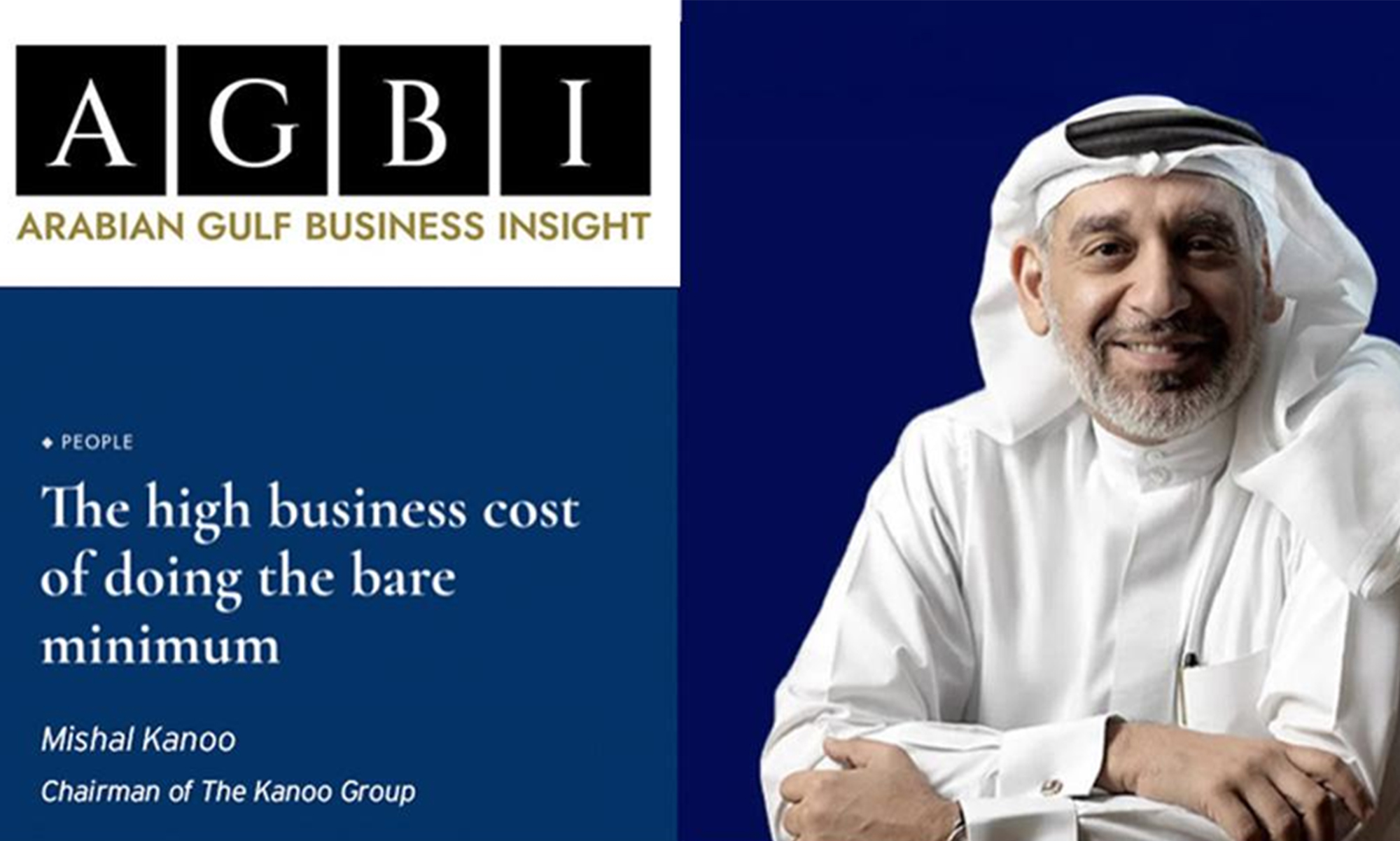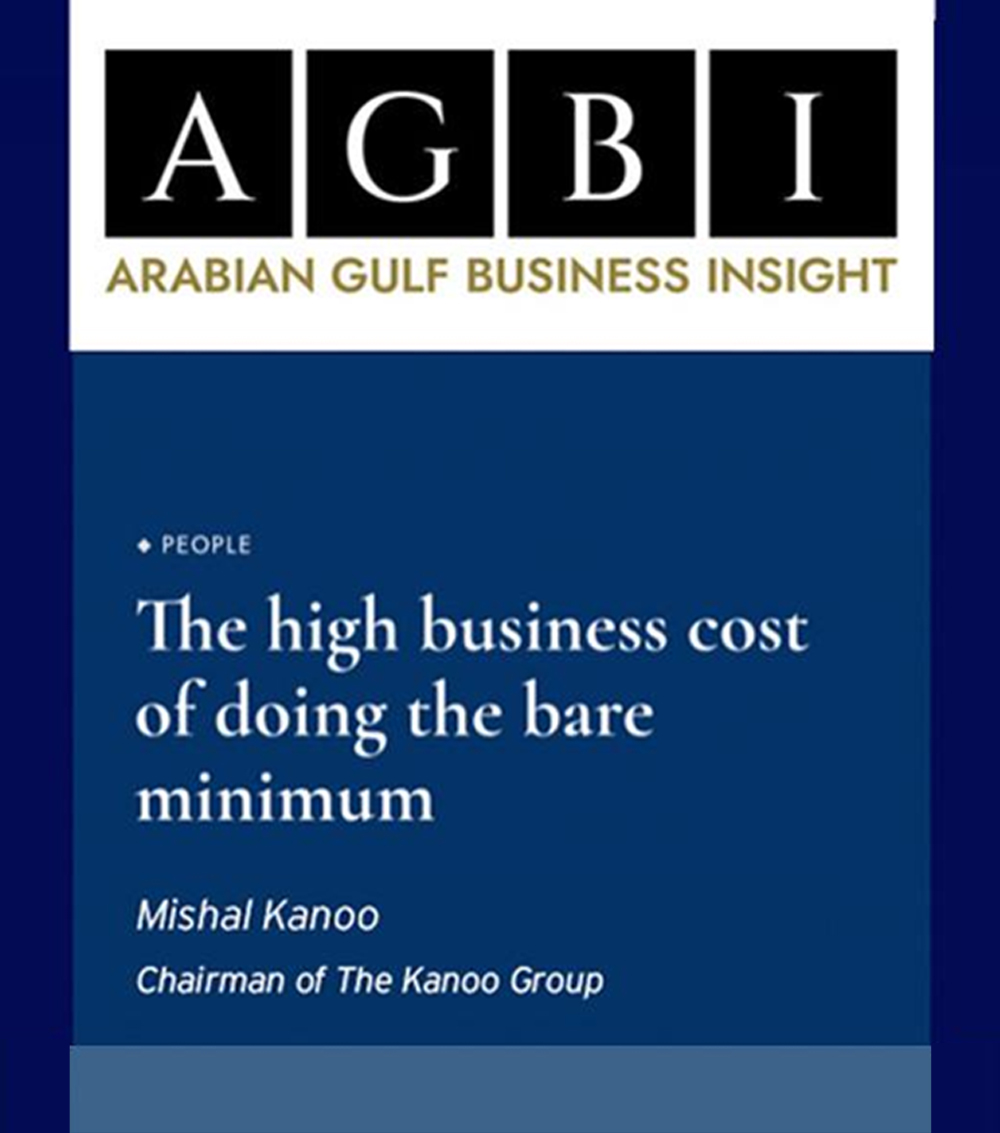

If companies don't strive for excellence, people will take their customers elsewhere.
It has become almost commonplace to witness businesses doing just enough to meet expectations rather than going above and beyond. While this trend isn’t always immediately obvious, it’s pervasive across industries.
Sometimes it’s easy to spot; other times, you need to look deeper. But the underlying theme remains the same: companies focus on ticking contractual boxes rather than truly satisfying or impressing their customers.
Contrast this with a company like Emirates – the Dubai-based airline has carved a stellar reputation by exceeding expectations over and over. From the service on board to the design of its lounges, the organization treats “excellence” as non-negotiable.
That’s why it commands fierce loyalty and generates word-of-mouth buzz that advertising alone could never buy. It shows what happens when “good” consistently goes beyond “good enough”.
Cutting corners for convenience Look at the construction industry. Walk through a new commercial building in Dubai and you might notice crooked sockets, mismatched grout or uneven tiles.
These may seem like minor flaws, but they reveal a deeper issue: businesses prioritizing speed and profit over pride and quality. As long as the project meets contractual terms, many consider the job done, regardless of appearance.
Not every contractor is careless – many takes pride in their craft – but relentless pressure to deliver fast and cheap leads to compromise. These shortcuts may not affect structural safety, but they degrade the experience.
The unspoken question is what’s the harm if the tiles don’t quite line up?
The answer is simple: it betrays a mindset that mediocrity is acceptable. And that’s the opposite of what Islamic teaching – and common sense – demands.
One should strive for excellence in every task. That principle isn’t just moral, it’s good business. This philosophy should be applied in all fields, whether construction or any other industry.
Shrinking value, rising disappointment The packaged food industry offers another example.
Buy a bag of crisps and you’ll find half of it is air. Companies reduce the weight of contents or alter the ingredients to make the product cheaper to produce, all while maintaining the same price.
Take one well-known chocolate brand: formerly known for tightly packed mountain peaks, now redesigned with thinner, widely spaced triangles. Technically still chocolate, but the experience feels cheapened.
This practice may be legal, but it’s damaging – staying within the rules while quietly rinsing the customer.
These businesses are missing an opportunity to foster loyalty or deliver true value.
The long-term impact of ‘good enough’ Ultimately, the problem with the “good enough” approach is that it’s short-sighted. In the long run, customers value quality, integrity and attention to detail far more than many companies realize.
Hence businesses that build a reputation for mediocrity will be overtaken by those that consistently deliver more than what’s expected.
Look at how newer, disruptive companies have displaced legacy businesses which have grown complacent with their established market share.
These disruptors gained traction by offering something better – whether it was superior customer service, a more innovative product, or simply a better experience.
Holding ourselves accountable The key takeaway here is that people are not stupid. Consumers can tell when they’re being shortchanged – whether it’s in a poorly constructed building or an underwhelming chocolate bar.
The line between “good” and “good enough” isn’t a technicality; it’s the difference between resilience and irrelevance. Companies that aim only to scrape by will lose ground. Those that treat excellence as non-negotiable will thrive.
In the end, that’s what truly separates “good” from “good enough”.